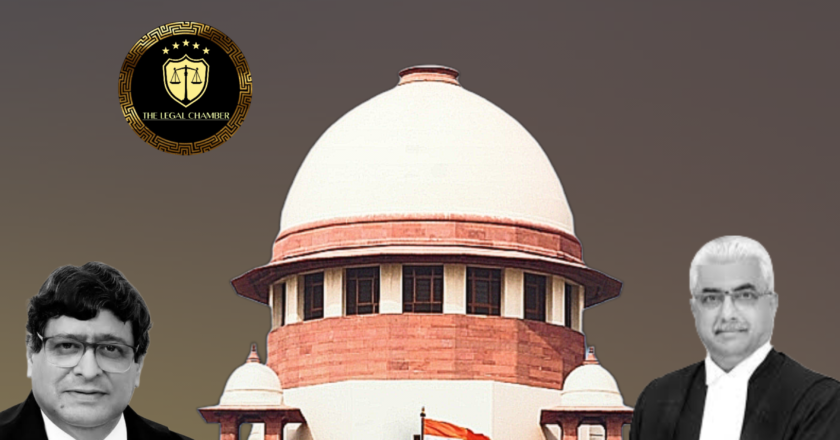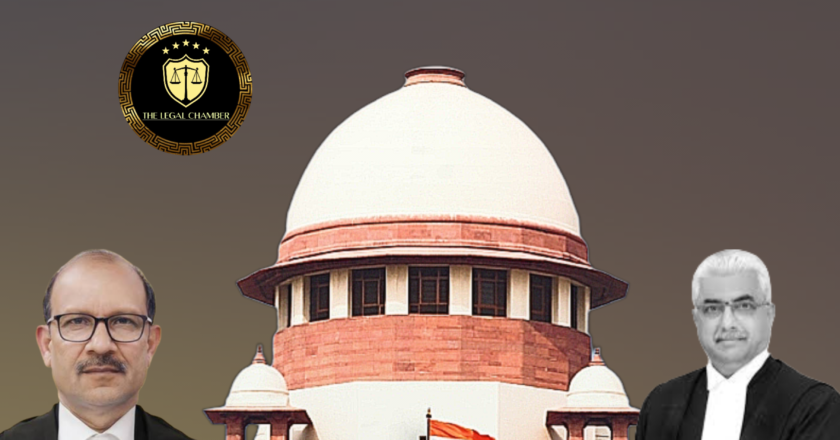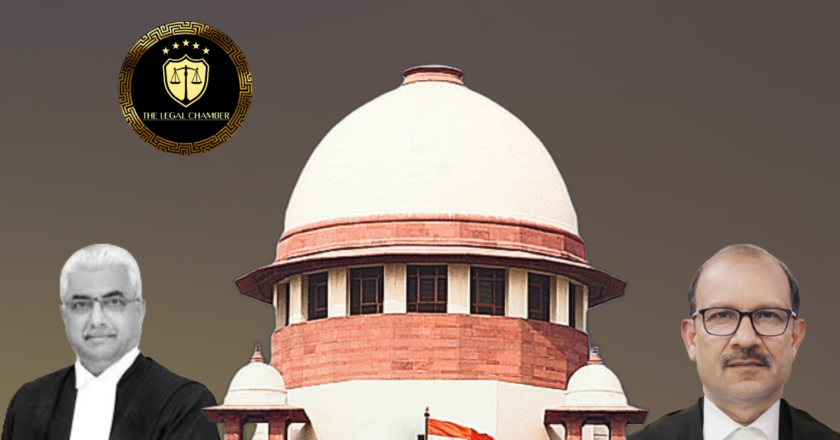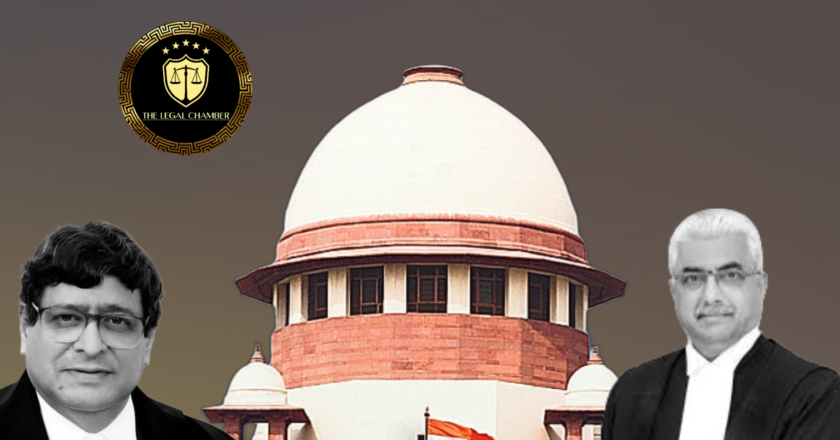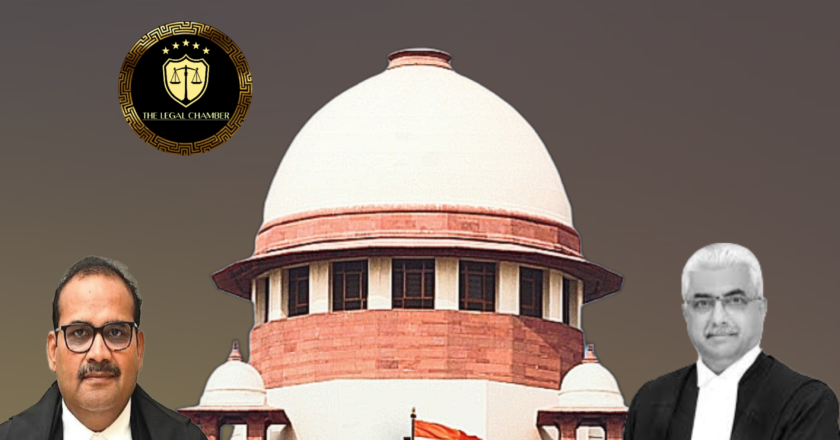Supreme Court Key Ruling: Tenant’s Defence Struck Out for Missing 30-Day Deposit Deadline
This Supreme Court held that the time limit under Section 7(1) and (2) of the WBPT Act for depositing admitted rent and filing an application is mandatory and cannot be extended by Section 5 of the Limitation Act. The proviso to Section 7(2) only permits an extension for paying the amount determined by the court post-adjudication, not for the initial statutory deposit and application.
Facts Of The Case:
The appellant, Seventh Day Adventist Senior Secondary School, is a tenant in a premises in Kolkata for which the admitted monthly rent was Rs. 1090. The respondents, the landlords, filed an ejectment suit on 11.06.2019 on grounds including arrears of rent. The summons for this suit was served upon the appellant-tenant on 29.09.2022. The statutory period of 30 days for compliance und...

